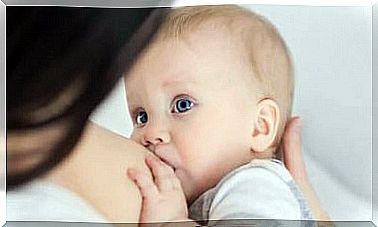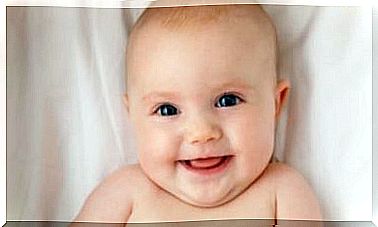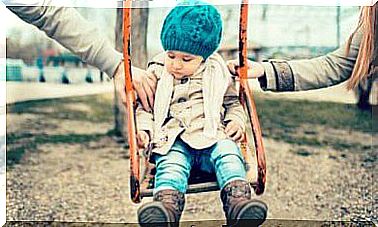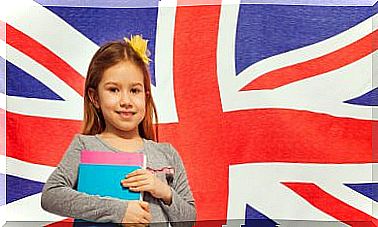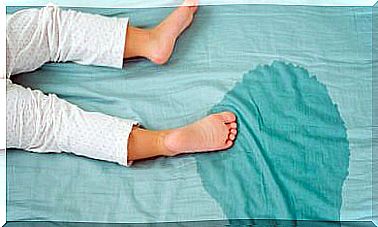25 Good Customs That Children Should Know (Part 1)
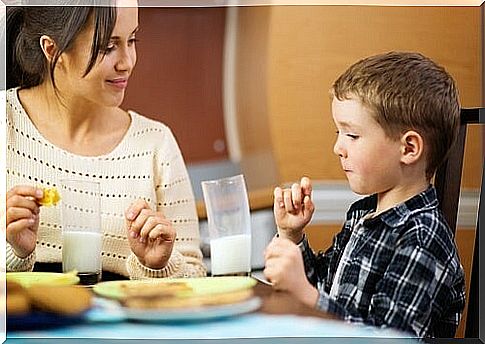
The good habits that children should know are modeled from the first years of life. When they say their first words, it is time to teach them how to respond to certain situations.
The following are some of the behaviors that every parent wants to see in their child, but remember that they are behaviors that they imitate from you. Instead of saying what actions are expected of them, show them by example how to act in each scenario.
Reasons to teach your children good manners
Good manners are correct habits that fit perfectly in all contexts and in all circumstances. If you put in a little effort to instill them in the first few years, they will become automatic.
- Good education stimulates social development. When a child learns good manners from an early age, they relate much more easily to both children and adults. Social skills are tools that children need to go out into the world successfully.
- Children learn to imitate positive role models. By repeating all your acts of courtesy, children will become aware of the people who can contribute positive things to their lives, therefore, you should avoid rude or vulgar behaviors when you are in front of them and apply each of the acts that you ask them to perform .
- Courtesy is not an innate virtue in children, it requires continuous practice and reinforcement. A child with good manners can be more disciplined, have more tolerance for suggestions that other people make and that can affect their lives with a positive connotation.
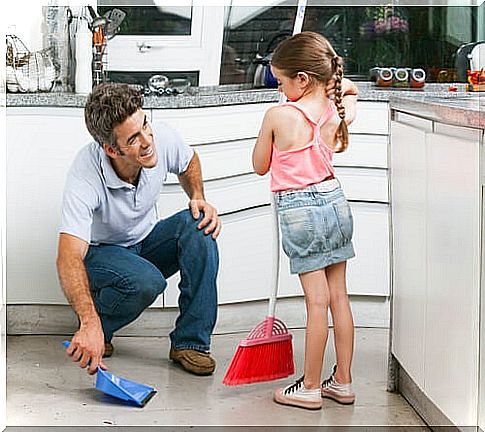
Good customs that children should know
1. Whenever you are going to ask anyone for a favor, when asking someone the time or buying something in the store, the first thing to say is “please”.
2. When receiving a gift or something that is requested from another person, it is essential to give thanks.
3. When two or more people (whether adults or children) are talking, you have to wait for them to finish in order to participate in the conversation. The only reason to interrupt a conversation with other people is that there is an emergency situation.
4. When attention is needed from another person, it is not okay to get it by yelling or pulling on clothing. The most correct way to address another person is a polite word like “excuse me.”
5 . When there is any doubt about the correct way to carry out a certain action, you should request authorization or ask an adult for directions. In this way, unnecessary calls for attention will be avoided.
6. As a parent, reserve negative comments about other people and even more so when your children are present. By avoiding this type of behavior, you will prevent children from making embarrassing comments in social situations and will teach them to prioritize the qualities of others.
7. Avoid making derogatory comments about other people’s physical characteristics, only make them when they are compliments or positive opinions and reflect courtesy. Tolerance and respect for differences are two traits that we must develop in our children from the time they are small.

8. When you are in a social situation and a person with some kind of closeness asks a question, you must always give an answer. Although children are shy, they must function adequately in communicative contexts.
9. If you allow the children to go to the house of one of their friends, teach them that they must respect the rules determined by the parents, give thanks for the attention received and help the hosts organize the spaces and elements they used during their game time.
10. A closed door is a sign that one or more people need privacy, so you should knock on the door and always wait for a response before entering a space so as not to break into situations that do not concern us.
Remember that good manners are not learned overnight. To get your children to put them into practice, it is necessary to stimulate them daily for their good behaviors and introduce them little by little taking into account their age. Check in the second part of this article other good habits that children should know.
